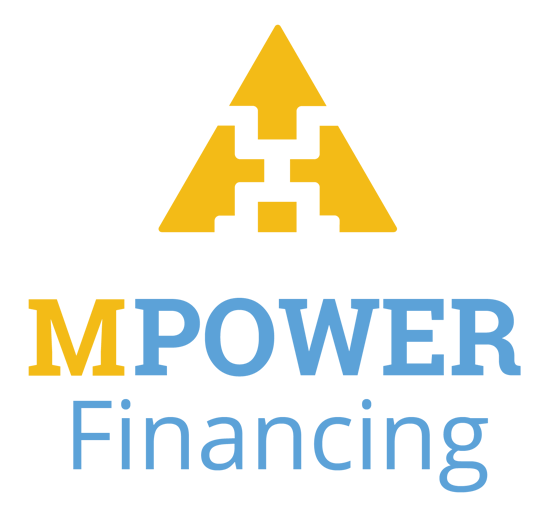Should I Use My 401(k) to Pay Off Student Loans?

Many or all of the products featured here are from our partners who compensate us. This influences which products we write about and where and how the product appears on a page. However, this does not influence our evaluations. Our opinions are our own. Here is a list of our partners and here's how we make money.
Key takeaways
Avoid using your 401(k) to pay off student loans.
Early 401(k) withdrawal can cost an additional 30% in taxes and penalties.
Taking money out of your 401(k) can leave you underprepared for retirement.
If you’re feeling the pressures of student loan debt, you may be looking for ways to just get rid of it. Moving money from your 401(k) might seem like a good idea, especially if you aren’t close to retirement. But this “rob Peter to pay Paul” approach can leave you worse off in the long run.
You’ll have plenty of opportunities to pay back your student loans, but only time can grow your retirement savings. Here’s why you should avoid using your 401(k) to pay off student loans:
You’ll pay extra taxes. You'll automatically lose 20% of your 401(k) withdrawal to taxes if you take out money before age 59½. That means if you withdraw $20,000 to pay off student loans, you’ll receive $16,000. You might see some of that money back at tax time, however.
You’ll pay penalties. For withdrawals before age 59½, the IRS usually assesses a 10% penalty when you file your tax return. Considering the taxes and penalty, your $20,000 withdrawal is now down to $14,000. That’s $6,000 less to pay student loan debt and $20,000 less that could have continued growing until you retire.
You’ll be poorer in retirement. Taking money out of your 401(k) means you'll lose out on compounding returns over time. For example, draining your account from $30,000 to $10,000 to pay down student loans at age 30 could cost you $180,000 in retirement money by age 67.
You may feel badgered by creditors, or you may just want to get out of debt more quickly. Either way, you have other options to consider before dipping into your retirement fund.
Powered by
If you're struggling to make student loan payments
Federal student loans
Federal student loans are in an interest- and payment-free forbearance until October 2021. That means you don’t have to make payments on these loans right now. And they aren’t accruing interest.
If you’ll still need help making payments as the forbearance period draws to an end, plan to enroll in an income-driven repayment plan. You can’t enroll until the forbearance ends, but talk to your student loan servicer now about enrollment and gather the documentation you’ll need. Your payment could be as low as $0.
If your federal loans are already in default, talk to your loan servicer about paths to a student loan default resolution. Student loan rehabilitation and consolidation are two common options; either can lead to enrollment in income-driven repayment — and both will leave your retirement fund intact.
Private student loans
Private student loans don’t qualify for the government forbearance. You’re obligated to make regular payments on these loans unless you make other arrangements with your lender.
Many lenders have special relief programs for those who are financially affected by the COVID-19 pandemic. They may also have additional forbearance options that they offer regularly.
Contact your lender to learn what's available to you.
Should you consider bankruptcy?
Discharging student loans in bankruptcy requires an additional proceeding called an adversarial hearing, and success isn't common.
Typically you must already be in default and suffering “undue hardship” — be unable to maintain a minimal standard of living with little hope of that changing — and have made a good-faith effort to repay your loans.
Even if your student loans can’t be discharged, you may have other debts that could be erased, giving you the room to repay what remains.
If your student loans have entered collections, be aware that your retirement funds such as a 401(k) are typically out of creditors’ reach.
If you want to pay off your student loans fast
You may not have trouble paying your student loans but want to pay them off quickly for other reasons. Maybe you want to decrease your debt-to-income ratio or are stressed by having the debt hang over your head.
In these cases, consider other methods to pay down your student loans fast, before depleting your 401(k) and potentially hampering your retirement. Common methods include student loan refinancing and tactics such as making payments biweekly.
Student loan refinancing from our partners

on SoFi
SoFi
5.0
NerdWallet rating
5.0
NerdWallet rating5.24% - 9.99%
650
on SoFi
on Earnest
Earnest
5.0
NerdWallet rating5.0
NerdWallet rating5.19% - 9.74%
650
on Earnest

on Splash Financial
Splash Financial
5.0
NerdWallet rating
5.0
NerdWallet rating6.64% - 8.95%
650
on Splash Financial



